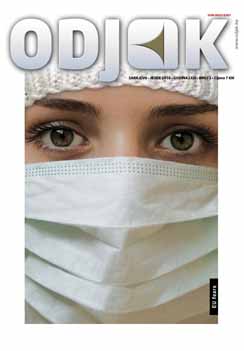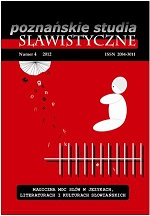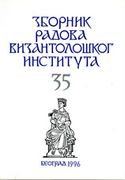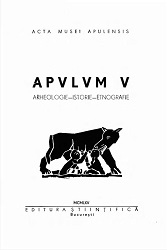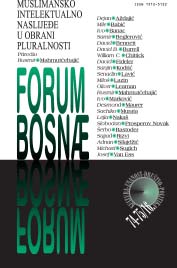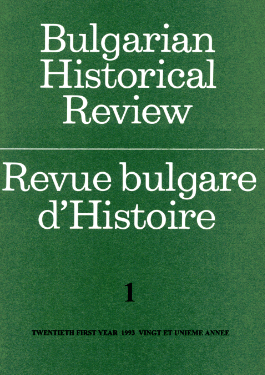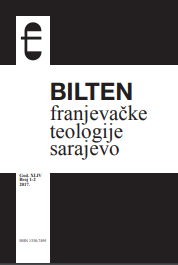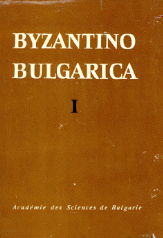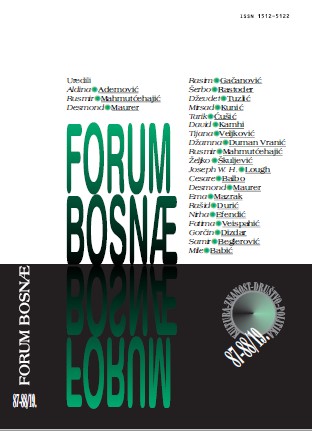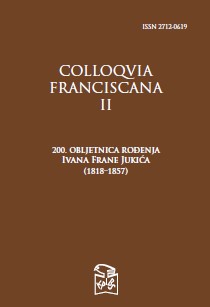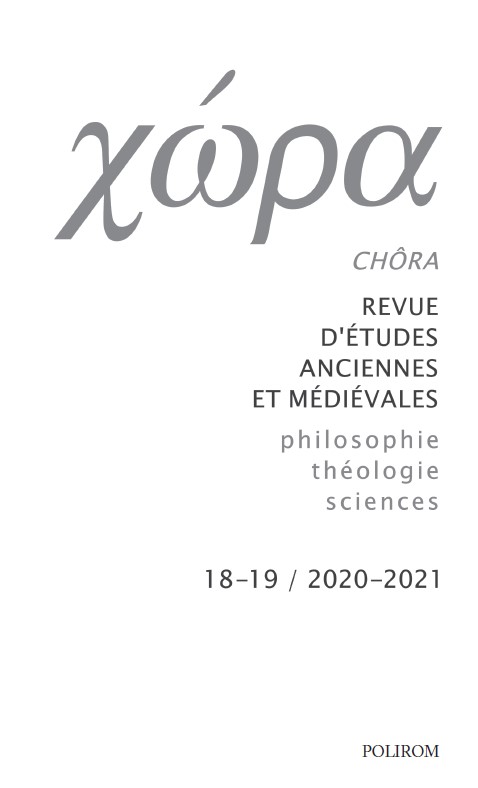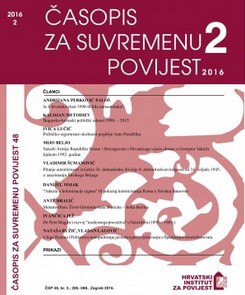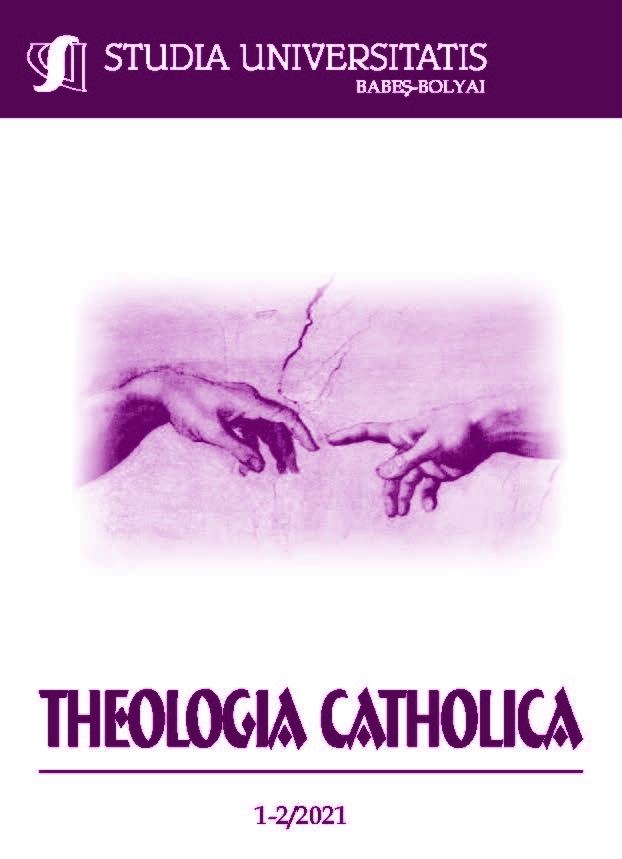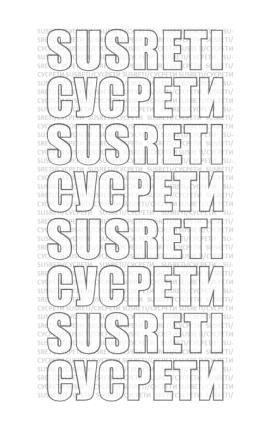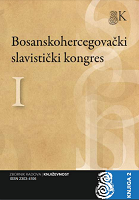L’INCARNATION DU VERBE DE DIEU ENTRE NICEISME ET ARIANISME AU IVe SIECLE
Author(s): Lucian Dîncă / Language(s): French
/ Issue: 1-2/2021
Keywords: incarnation; Trinity; dogma; homeism; homoousianism; Arianism; niceism; Athanasius; council; ousia; theology; heresy; orthodoxy; Logos; Son; Father;
The Incarnation of the Word of God between Niceism and Arianism in the IVth century. The incarnation of the Word is the main theme debated by St. Athanasius throughout his theological and dogmatic works. First, incarnation theology has an anti-pagan connotation, as pagans derided Christians’ faith in the incarnation of the divine Logos, and, on the other hand, the Alexandrian bishop developed the theme of the incarnation against the Arians who denied the divinity of the Son and promoted a “creationist” doctrine of Christ. Between niceism and arianism, the theology of the incarnation knew several forms of theological expression, starting from the Arians, followers of Arius, to the neo-Arians, reinvented by Aetius and Eunomius, passing through the theology of the Homeans, who claimed the resemblance of the Son to the Father, to it culminated in the Homoiousians, those who came closest to the dogma of the Nicene Creed and who would finally embrace Niceism. The Cappadocians use in their theology of the incarnation the intuitions and arguments of Athanasius to overcome any other doctrine that would oppose or contradict the Niceno homoousian dogma, the consubstantiality of the Son with the Father, namely, the Son is God like Father.
More...
